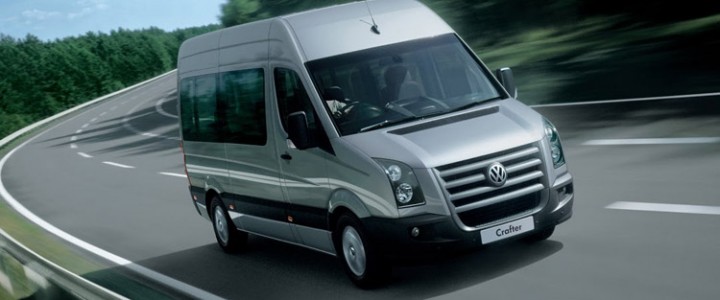Nissan’s 2013 Van Report surveyed 250 van drivers and 252 fleet managers to offer a valuable insight into the habits and characteristics of van drivers and their managers.
Here are a few highlights from the report.
1. There Are Five Times More Female Managers Than Female Drivers
It’s been a stereotype for a long time. But the facts reinforce the assumption: only 1 in 20 van drivers are female.
Though the driving scene is dominated by males, they found that nearly 1 in 4 fleet managers were female.
2. Most Van Drivers Feel That Driving a Clean Van Improves Overall Driving
The survey reveals that 72% of van drivers believe introducing a “clean van” policy could reduce the rate of accidents and lower the premiums on a company’s van insurance policy.
3. Van Drivers Are Loyal
Almost half of the drivers surveyed said they’d been with their employer for six years or more. Nearly 1 in 10 van drivers said they’d been with their employer for more than 20 years.
4. Van Drivers Aren’t a Young Workforce
The survey revealed that 71% of drivers are over 35 years old. A mere 3% were in the 16-24 range, so companies will soon need to start attracting younger workers to replace their ageing workforce.
5. Daily Mileage is Lower Than Expected
Surprisingly, nearly half of the respondents drive for 100 miles or less each day. This might be due to improvements in modern distribution strategies. Often larger trucks make the long-haul journeys, and then smaller vans finish the delivery locally.
Nissan thinks that this means it’s more feasible than ever to replace traditional vans with eco-friendly electric vehicles.
6. Fleet Managers Prefer Sat-Nav When Choosing New Vans
40% chose satellite navigation as their most preferred feature when selecting new vans for their fleet. Against expectations, only 9% chose fuel economy, and only 3% chose reliability.
7. 25% of Fleet Managers Do Nothing to Control Fuel Consumption
As public concerns around fuel prices and pollution continually rise, it’s surprising that so many fleet managers are taking no measures to reduce or control fuel consumption.
For managers tackling the issue, the two most popular responses were launching driver training schemes and fitting speed limiters.
Related Posts
« The 5 largest casinos in the World in 2014 Who are the Premier League Millionaires? »





